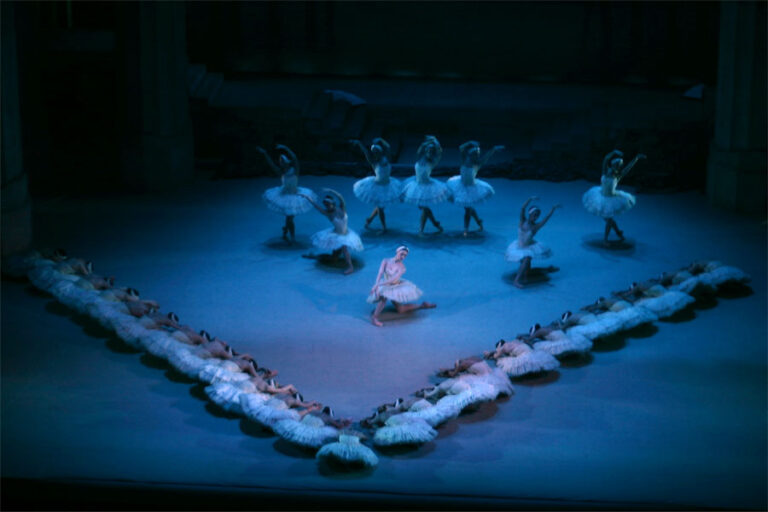Seeing the Forest for the Trees: A Dyslexic’s Point of View

I grew up struggling with dyslexia and had difficulty reading. Reading requires the eye to engage the cones. Packed tightly at the center of the retina, their function is to scrutinize detail and gather information incrementally, over time. It requires the brain to work in a linear fashion, and linear processing is exactly what I have the most difficulty doing. I still sometimes have to force my eyes to move left to right in an orderly fashion. They seem to jump around, desperate to find the pictures.
Lately there has been some criticism of the oversimplification of left brain/right brain theory. But with me, there is no question. I’m a right-brained learner. I’m a three-dimensional, picture-based, big-picture thinker. I work by associative connections and intuitive reasoning.
The right brain was dominant for a million years. Having strong right brain skills was highly prized. Scanning the horizon, reading the patterns in the shifting winds, discerning temperature and smell, interpreting the phases of the moon, and working from a strong place of intuition—these capabilities determined survival. A holistic awareness of one’s surroundings was necessary for the perpetuation of our species.
This elder part of the brain still develops first in utero, and it gives some people the extraordinary ability to “read” a room, deciphering hierarchy and pecking order, sensing dynamics between people, knowing when and how to sidestep tension, when to engage and when not to. The ability to negotiate a boardroom stems directly from our ancestors’ ability to sense danger in the forest.
The right brain picks up on unconscious feeling—vague inklings and creepy vibes. It’s not interested in logic or reason; it deals with feelings like awe and sadness. It gives us our capability to understand the gist of things like a joke or an ideological argument.
It allows us to synchronize the elements of a face into a complete understanding of a whole expression. It processes nonverbal cues: the rich little nuances of body language, tone, and expression. The right brain is the wise ancestor that whispers in your ear, “he’s a liar,” when shifty eyes and body language contradict the content of the spoken word.
While the left brain gathers information sequentially over time, the right brain gives rise to insights and epiphanies. Our experience of these things happens not linearly, but all at once and as a whole, similar to the way we encounter a painting.
The left brain developed in order to accommodate language, and its growth has outpaced the right brain ever since. The information age and the age of technology have further relegated our holistic thinking skills. The invention of the telephone allowed us to more readily speak to one another, but without the deeper understanding that comes along with body language. Texting and e-mail have further stripped away the subtlety of tone and feeling.
As reading and writing became more valuable, education began linking these skills with predictors of success and intelligence. Having difficulty reading meant you were dumb.
My reading difficulty persisted, and I don’t remember ever being able to finish a single book in high school. But I discovered that it wasn’t necessary to read Wuthering Heights in order to get an A on my book report. Instead, I called upon the skills of my ancestors. I paid careful attention to the tone of the conversation. I listened closely to the teacher. I studied her incremental shifts of tone, body language, facial expression, speech patterns, and pupil dilation. My right brain went into overdrive sussing out the gist of things. Paying broad consideration to context and relationships, I identified themes. I teased out broader philosophical underpinnings and threads. I could see the shapes of thoughts and how they fit together like puzzle pieces. In my book reports, I’d weave these pieces together into something relevant and new.
Sometimes, I’d cull a few details from the text itself, but I didn’t have to. The details, I realized, didn’t matter. There is no intrinsic value to them or to the skill of reading if you don’t also possesses the ability to step back and discern the overall meaning. Furthermore, basic reading comprehension, while taught and tested in school, is limited to identifying the meaning of the text at hand. It doesn’t teach the student to synthesize what they’ve read with broader concepts.
The information age has left us mired in details. Unable to see the big picture, we suffer from shortsightedness. We can’t discern the connections between actions and consequences, or recognize the pattern that shows we are all connected as one.
When I think back on how I got by in high school, I realize it took skill. I relied on a form of intelligence that education still doesn’t fully recognize or value.
Some say we are coming back around again; that computers and automation have diminished the value of technical skills and knowledge, and that we are now entering the conceptual age—an age where the abilities guided by the right hemisphere will reign once again. I hope this is true, because like it always has, the key to our survival depends on us stepping back and seeing the forest for the trees.
